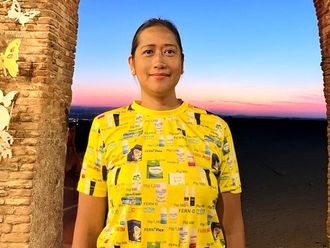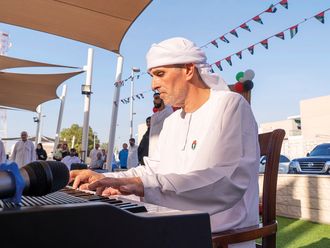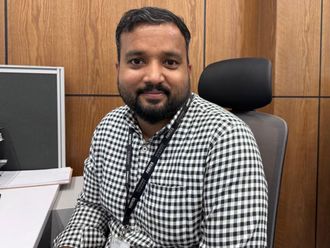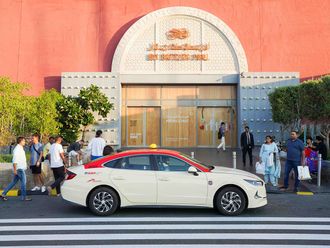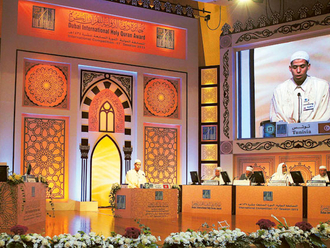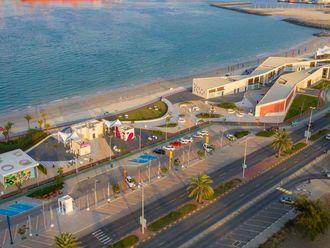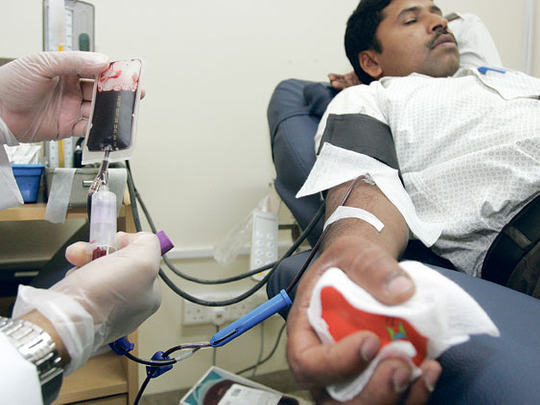
Dubai
Blood Donation Centre (BDC), Al Wasl Hospital
Call: 04 2192331
Time: Sun- Thurs 7:30am - 6:00pm
To host a blood drive:
Call: 04 2193338
Al Baraha Hospital
Call: 2710000
Abu Dhabi
Abu Dhabi Blood Bank
Call: 02 6656508
Time: Sun- Thurs 7:00am - 8:30pm
Sat: 8:00am - 1:00pm
In Ramadan, check your nearest mosque after Iftar for blood donation buses or call 02 656 8811 for information.
Sharjah
Sharjah Blood Transfuion and Research Center
Call: 06 5582111
Time: Sun - Thurs 7:30am - 7:30pm
Sat: 7:30am - 1:30pm
To organise a campaign of 40+ people, call 06 5582111
Al Ain
Blood Bank, Al Tawam Hospital
Call: 03 7075212
Online
UAEDonors.com is a helpful resource for both donors and recipients. You can either register as a donor and keep track of upcoming blood drives via the site. Those in need of blood can make requests and access the donor database.
Dos and don'ts for blood donors
Here is a list of ideal donors and those who may be deferred temporarily or permanently from donating blood.
Those who can donate blood should:
- Be residents of the UAE
- Be between the ages of 17 and 60
- Have a minimum weight of 45kg
- Not have donated blood in the last 90 days
- Not be suffering from any infectious diseases, influenza or taking antibiotics
Those who can never donate their blood are:
- Hepatitis B and C patients
- HIV positive patients
- Diabetics who are insulin or pill dependent. However, those who can control sugar levels through diet and exercise can donate
- Alcoholics and drug addicts
Temporary deferrals on people who:
- Have had dental work done in the last five weeks
- Are taking antibiotics
- Have smoked or consumed alcohol in the last 72 hours
- Have had tattoos or ear piercing done in the present year
- Pregnant women
- Anaemic patients who can replenish their haemoglobin can come back for donation later
When you visit a camp for donation, you should have:
- Had plenty of fluids
- Eaten nutritious food
- Had a good night's sleep
- Refrained from smoking or drinking
At the centre, they'll register you as a donor, take a quick medical history, do a medical examination, get you to donate and finally provide you with a place for brief rest and some refreshments to replenish your energy.
After donation
- You must continue to lie on the bed with your feet raised above the level of your body for ten minutes
- Leave the bandage on for four hours
- Drink extra fluids for the next three days, especially the first four hours after donation
- Have a protein-rich diet and rest, which means not taking extra stress of work or driving
After donation
- You must continue to lie on the bed with your feet raised above the level of your body for ten minutes
- Leave the bandage on for four hours
- Drink extra fluids for the next three days, especially the first four hours after donation
- Have a protein-rich diet and take adequate rest, which means not taking extra stress of work or driving a vehicle




